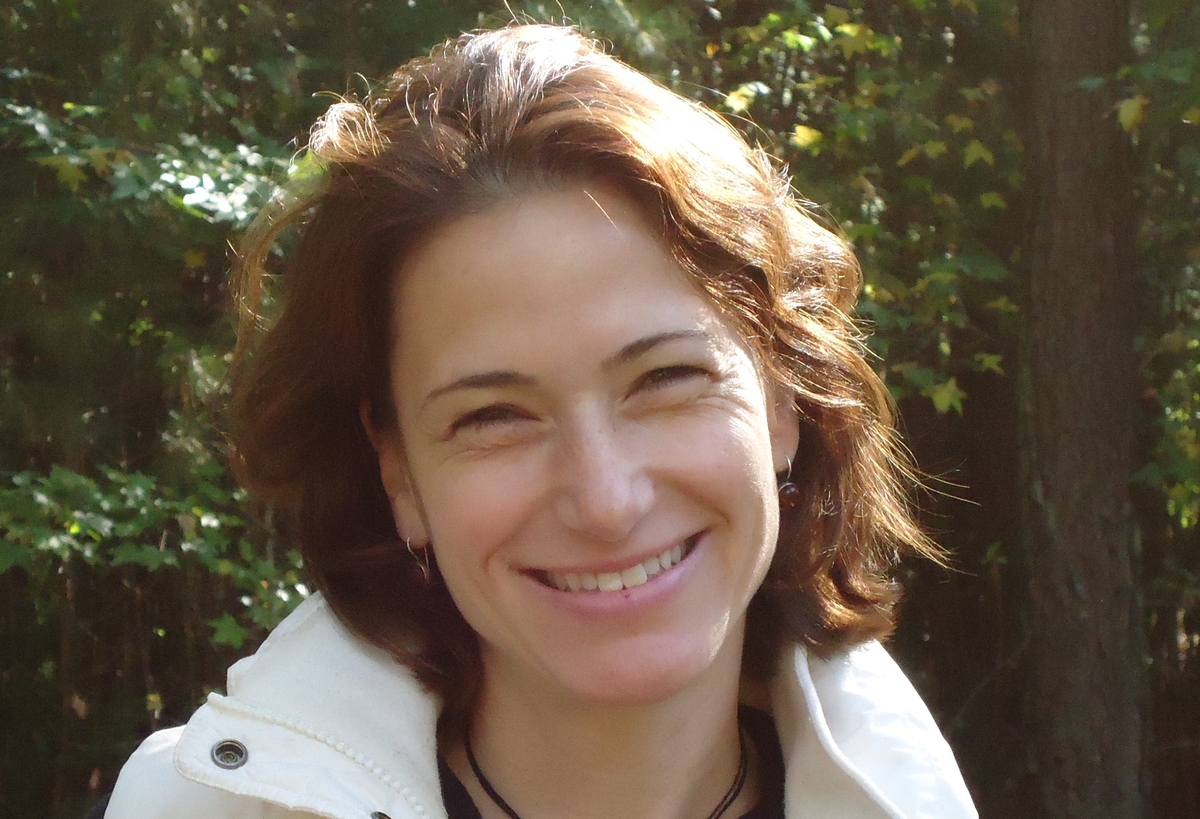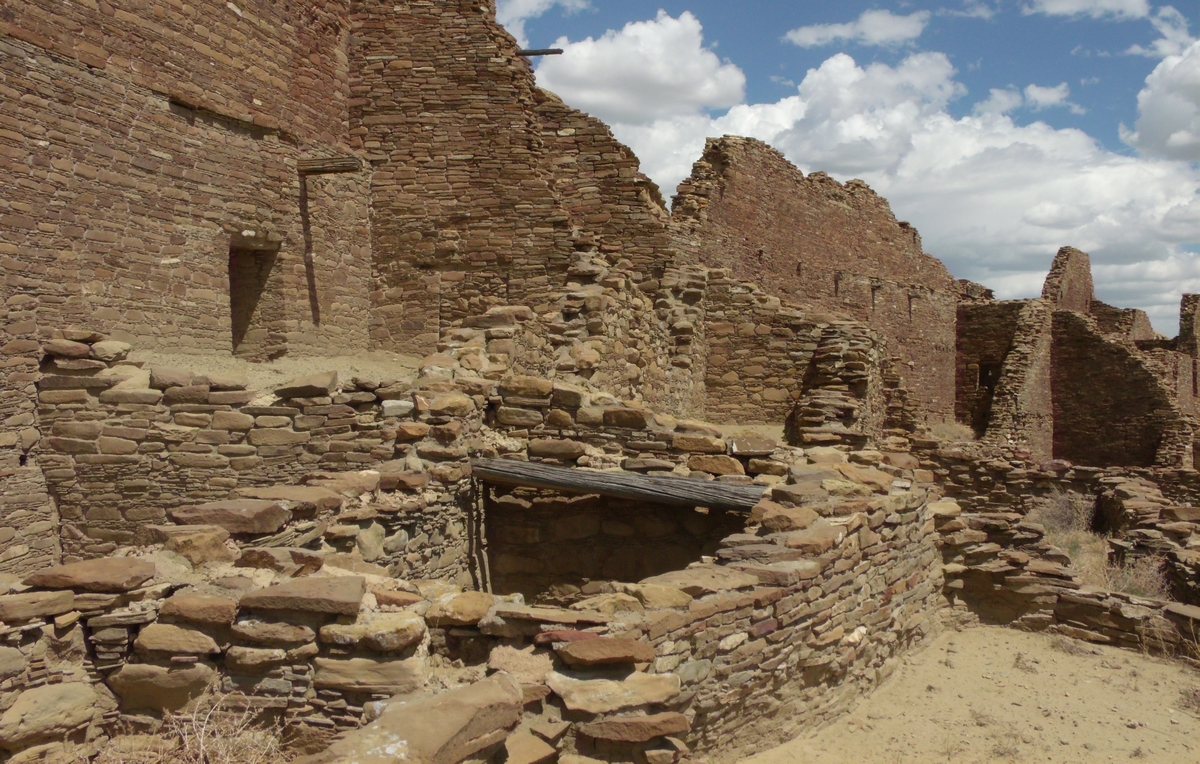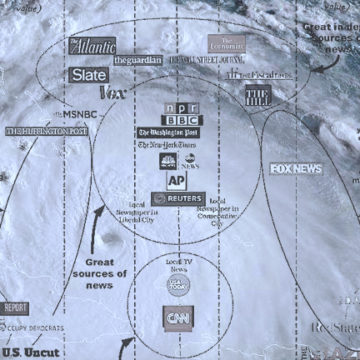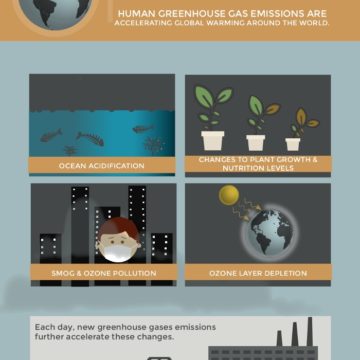Marcy Rockman resigns from US National Park Service
Since October 2011 Marcy Rockman has served as the Climate Change Adaptation Coordinator for Cultural Resources for the U.S. National Park Service. With a Ph.D. in Anthropology from the University of Arizona, and a B.Sc. in Geology from the College of William and Mary, Dr. Rockman has risen to prominence within scientific and environmental policy spheres for the vital work she has led addressing the impacts of climate change on threatened cultural heritage. On Facebook today (8 Nov. 2018) she shared her letter of resignation from the U.S. National Parks Service, effective immediately, outlining her principled reasons for resigning while reiterating in detail the crucial importance of the mission she has led for more than seven years at the NPS. Bifrost Online gratefully thanks Dr. Rockman for permission to publish her letter of resignation in its entirety.

To the National Park Service
My purpose in writing is to resign from my role of National Park Service (NPS) Climate Change Adaptation Coordinator for Cultural Resources, effective as of today, November 2, 2018. My last day in the office will be Wednesday, November 7, after which I will use my remaining compensatory time through end of day, Wednesday, November 14.
For the past seven years, I’ve had the honor of being the first person to hold the position of Climate Change Adaptation Coordinator for Cultural Resources. In this role, I’ve had opportunities to lead development of policy and guidance of which the NPS should be proud. Policy Memorandum 14-02 Climate Change and Stewardship of Cultural Resources set out the vision that the cultural heritage of the national park system and the nation stands not only to be affected by climate change, but also holds information, stories, and inspiration that are and will be essential parts of effective responses to climate change. The Cultural Resources Climate Change Strategy went global in less than year after its release, providing not only detailed information on climate impacts and management approaches to park managers, but also frameworks and case studies that are now informing new policy and guidance for World Heritage sites around the world.
Cultural resources — including archaeological sites, historic buildings and structures, cultural landscapes, and the ethnographic and traditional knowledge and practices that connect to them — have always been affected by environmental forces. What climate change is doing is accelerating, intensifying, and recombining these stresses and in some places adding new ones. Evidence from across the NPS is showing us that these stresses are not only large dramatic impacts such as during storm surges, but are also showing up in more subtle ways such as changes in ground water tables, increases in freeze-thaw cycles, and baking during wildfires. I know I share concerns with resource managers across the Service that there are other stresses we haven’t yet been able to identify and track. Because heritage affected by these stresses will be no less gone than those affected by ones we do know about.
One of my most common refrains over the course of my position has been “every place has a climate story.” Every place that is now a national park unit, regardless of why it was designated, has been, at least at some point in the past, a home to people. The traces of these homes – tangible sites, structures, landscapes, and museum collections and archives, along with intangible heritage such as traditional life ways, knowledge, and practices – are not only part of the NPS’s management responsibilities, they provide human-scale connections to climate change. They allow us to see change happening in materials we can hold and touch. They allow us to grasp the human experience of climatic change. They make possible insight into how whole human systems have responded to environmental change in the past. And some of them track the origins and development of our modern situation of climate change. Some of the most joyous work I have done while with the NPS has been working with park staff to use scientific narrative as a tool to find and tell these climate stories. We’ve just barely begun to tap this capacity of cultural heritage to connect what is happening with what we value and how we understand ourselves.

Despite the needs and potentials of cultural resources with respect to climate change across the national park system, and the leadership role the NPS holds in providing cultural resources guidance to federal, state, tribal, and local partners, over the course of my position I’ve seen the NPS repeatedly struggle to support cultural resources at levels commensurate with natural resources. This has affected response for climate change as throughout I’ve remained effectively a program of one. I’ve been part of many discussions about why this imbalance persists. One of the observations made by a participant on one of my monthly Climate and Culture community of practice calls was so striking I think it is important to share it here. He noted (closely paraphrased) “our language does not assign genders to things, but we still respond to things as if we do. For example, when civilization and nature are compared, civilization takes on masculine characteristics and nature feminine characteristics. But when it comes to resources management, these roles flip. Natural resources management is masculine, and cultural resources management is feminine.”
Going forward, I urge the NPS, in the strongest way I can, to pay careful attention to and reduce this contrast as you address the scope and support for both the work of my position and the management of the person or people who fill(s) it. In my experience, the NPS approach to gender relationships and harassment does not support the creativity, outreach, and scientific rigor appropriate to effective climate change response.
Next, I will take my work in cultural heritage and climate change in new directions. Last summer, the World Heritage Committee requested that the International Council on Monuments and Sites (ICOMOS) improve representation of cultural and natural heritage in the reports of the Intergovernmental Panel on Climate Change (IPCC). ICOMOS has asked me to lead this work. Given the urgency for action indicated in the most recent IPCC special report on limiting warming to 1.5C, this work cannot wait any longer.
In my remaining days in the office, I will transfer ongoing projects in vulnerability assessment, cultural resource prioritization, and communication to colleagues. Given my remaining schedule, I will not attend the Climate Change Program Response annual meeting in Fort Collins, CO, scheduled Nov. 5-7, 2018. As well, per concerns expressed by NTEU Chapter 296 regarding plans for my FY2018 performance review that are still pending resolution, this review will not be completed.
Please be aware that all of my files and correspondence must be maintained per a litigation hold for the Juliana vs. USA case that is currently pending. I will also bring this to the attention of IT.
I appreciate the opportunities I have had with the NPS to build cultural resources and climate change into, as I’ve come to say, a “thing”. It is my hope and intent that this “thing” is a strong foundation on which the NPS will continue to build.
Sincerely,
Marcy Rockman, Ph.D., RPA
View Marcy Rockman’s official Letter of Resignation




